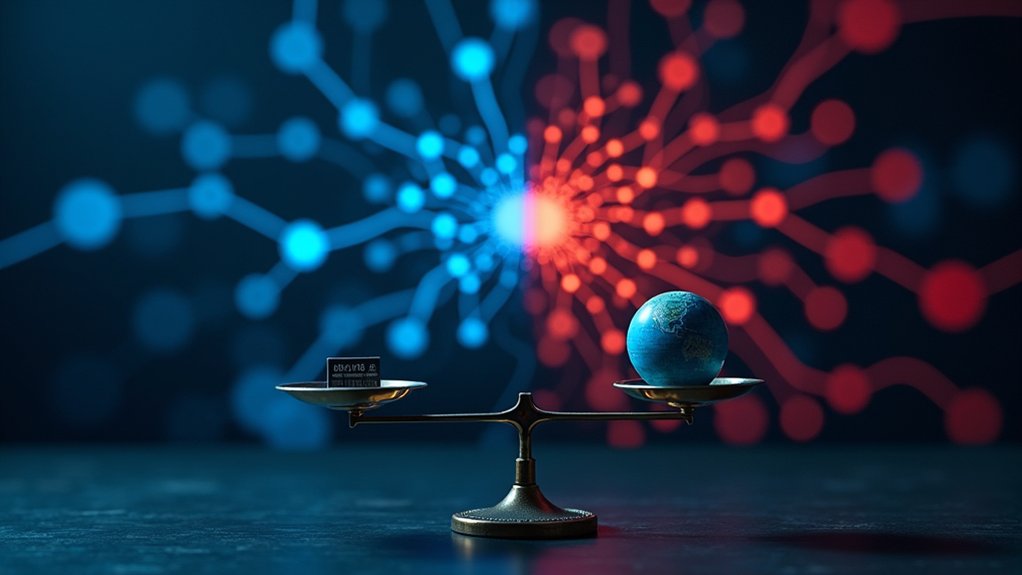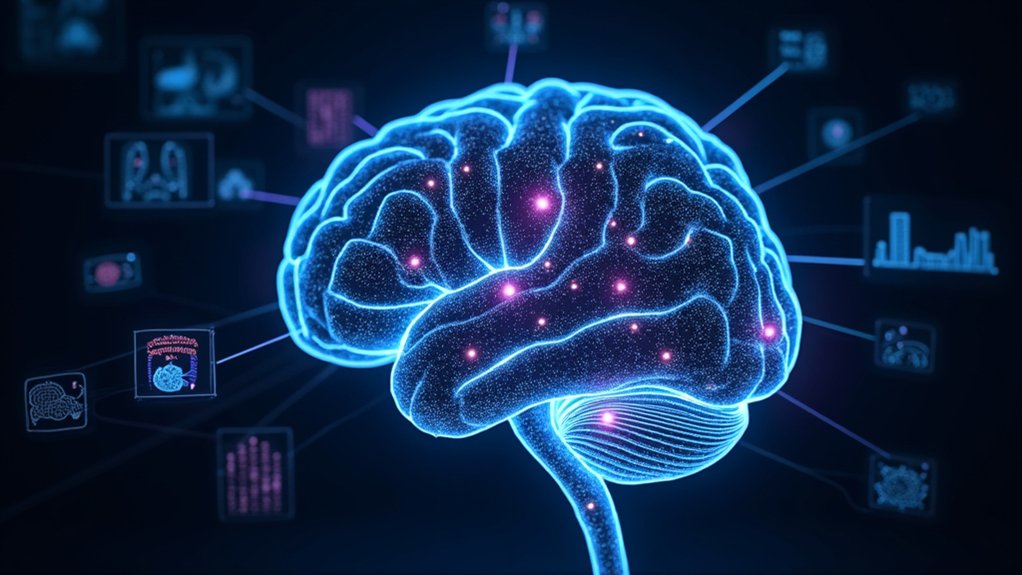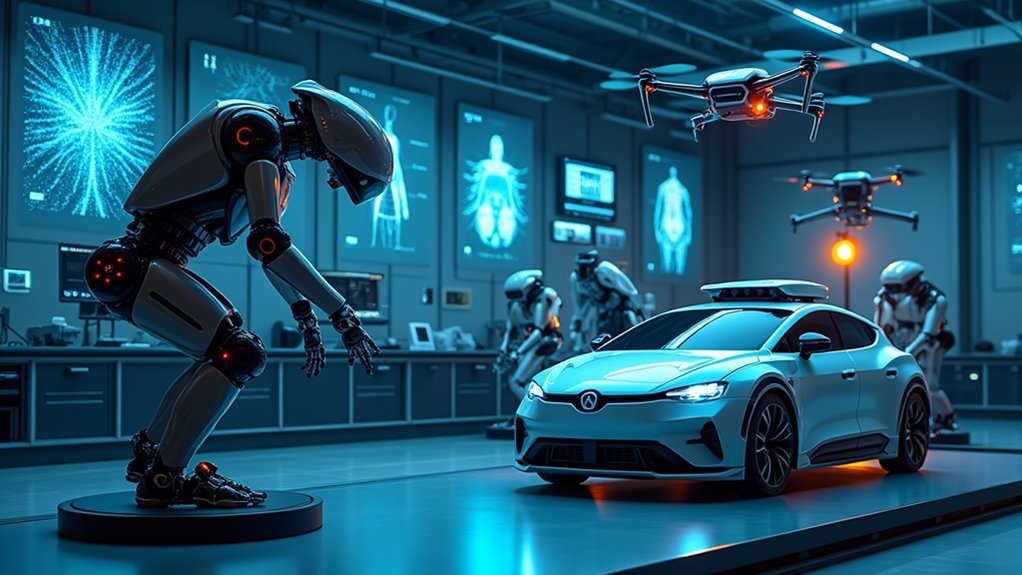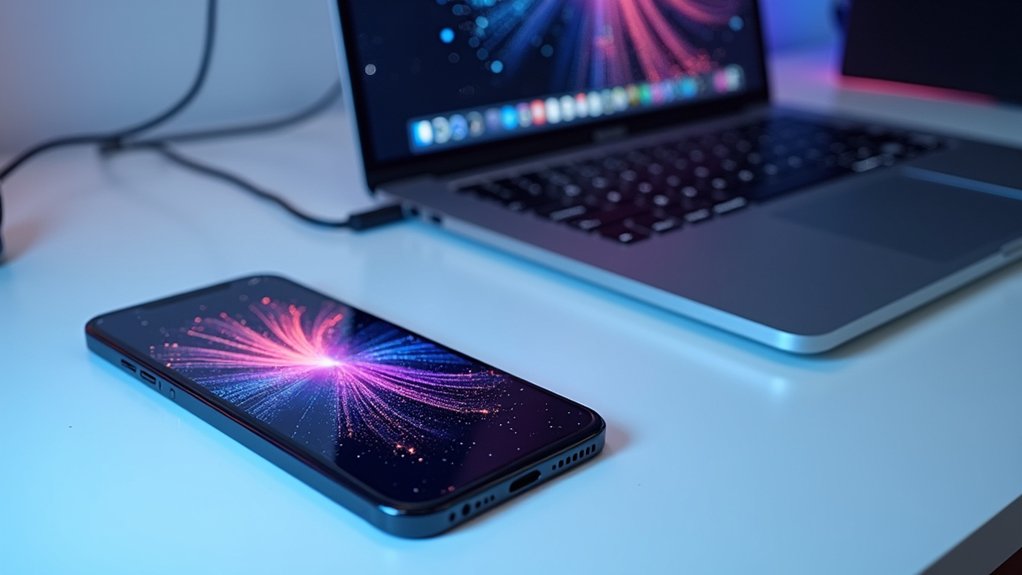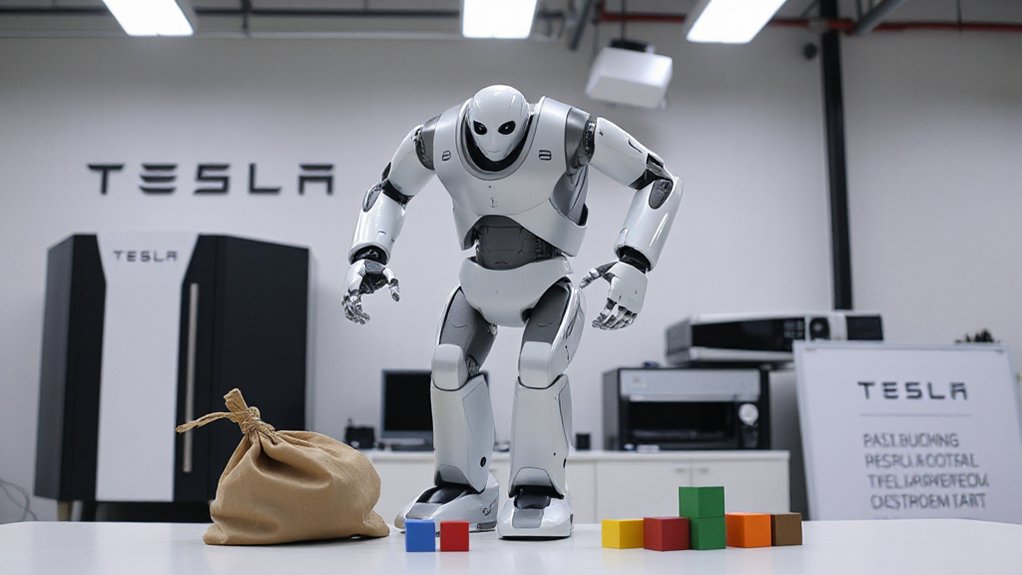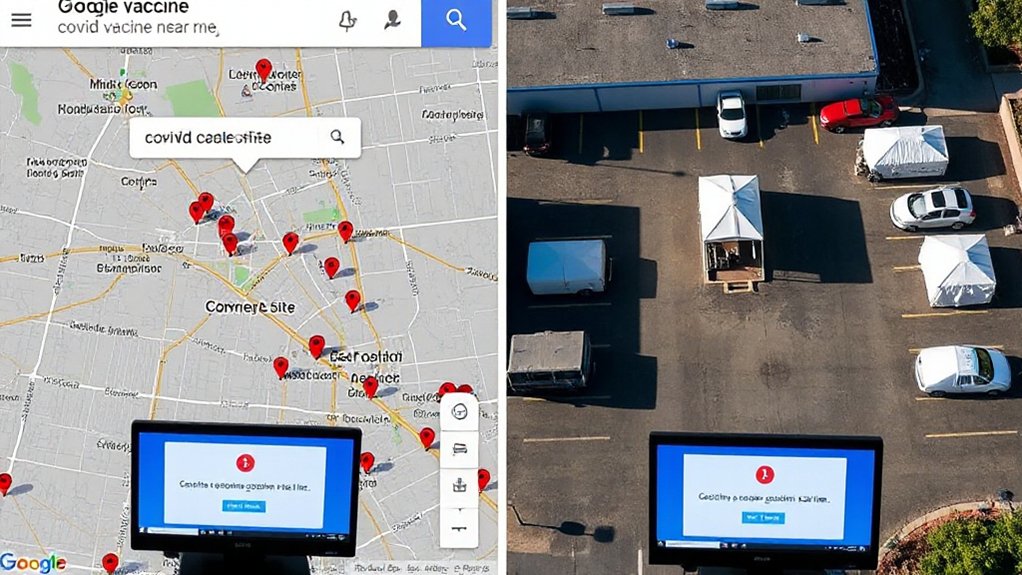Generative AI raises several key ethical concerns. These systems often use data without consent, can perpetuate biases, and lack transparency in their operations. Privacy risks emerge when users share personal information. Copyright issues arise from training on protected works. AI can produce convincing misinformation that's hard to detect. Environmental impacts include significant energy consumption from data centers. These challenges require careful oversight as AI continues to transform society.

Generative AI is transforming our digital world, but it brings serious ethical challenges that society must address. These powerful systems are trained on vast amounts of internet data, often without people knowing their information was included. Companies aren't always clear about how they store or share this data. When users interact with AI tools, their conversations might help train future versions of these systems.
These AI models can reflect and amplify biases found in their training data. They might produce content that discriminates based on race, gender, or other characteristics. When AI development teams lack diversity, these problems can get worse. Regular testing is needed to guarantee these systems treat all groups fairly. Companies should integrate diverse leadership into AI development teams to better identify and mitigate biases in their systems.
Biased data creates biased AI. Without diverse development teams and regular testing, discrimination becomes automated at scale.
Many AI systems operate as "black boxes" where even their creators don't fully understand how they reach specific outputs. This lack of transparency is especially concerning when AI is used in important areas like healthcare or education. Users should always know when they're interacting with AI rather than a human. The increase in AI for personal inquiries has created significant privacy risks for individuals sharing sensitive information.
Copyright issues are another major concern. AI companies train their models on books, articles, and artwork without permission from creators. The outputs can closely resemble original works, raising questions about infringement. The law hasn't kept pace with these technological developments. As AI technology advances, the carbon footprint from massive data centers needed to train and run these models presents a growing environmental challenge.
These systems can generate convincing fake content that's hard to distinguish from reality. This ability threatens to flood our information environment with misinformation. We need better tools to detect AI-generated content and protect the trustworthiness of online information.
When AI causes harm, it's not always clear who's responsible. Current legal frameworks weren't designed for AI systems, creating accountability gaps. Humans need to maintain oversight of these technologies, especially for important decisions.
Training large AI models also requires enormous energy resources, creating environmental concerns. These technologies may displace certain jobs while their benefits aren't distributed equally across society. As AI becomes more integrated into daily life, we must consider these wide-ranging ethical implications.
Frequently Asked Questions
How Will Generative AI Impact Job Markets Globally?
Generative AI is expected to disrupt job markets worldwide. It could replace 300 million full-time jobs globally, with 14% of workers needing to switch careers by 2030.
While affecting all industries, clerical, marketing, and financial services face the highest risk. Women and younger workers are more vulnerable.
Despite eliminating 83 million positions, AI may create 69 million new jobs and boost productivity considerably.
Can Ai-Generated Content Be Copyrighted?
Under current U.S. law, AI-generated content can't be copyrighted without human authorship.
The Copyright Office requires human creativity for protection.
Works with both human and AI contributions may receive partial copyright for the human-created elements only.
Different countries have varied approaches – the UK and China show more flexibility than the U.S.
Courts continue to address this evolving issue on a case-by-case basis.
What Legislation Exists to Regulate Generative AI Systems?
Regulation of generative AI remains fragmented globally.
The U.S. has Executive Order 14110 but no thorough federal law yet. Several states have enacted legislation, including Colorado's SB24-205 for high-risk AI systems and Illinois' requirement for AI-generated content warnings.
Internationally, the EU's AI Act is advancing toward full implementation by 2025, while organizations like the OECD and UNESCO have established non-binding principles and recommendations.
How Do Cultural Biases Affect AI Development Internationally?
Cultural biases greatly shape AI development worldwide.
Western datasets dominate AI training, leaving many non-Western perspectives underrepresented. This creates systems that work better for some cultures than others.
Countries with more tech resources also have more influence over AI direction.
Different cultural values around privacy and ethics further complicate international AI standards.
These imbalances can reinforce existing global inequalities in technology access and representation.
Who Should Control Access to Generative AI Technologies?
Control of generative AI access requires a multi-stakeholder approach.
No single entity should have complete control. Government regulators can set safety standards, while tech companies implement ethical guidelines.
Academic institutions provide independent oversight. This shared responsibility model helps balance innovation with public protection.
International cooperation is also needed as AI crosses borders. The goal isn't to restrict access but guarantee responsible use that benefits society.
